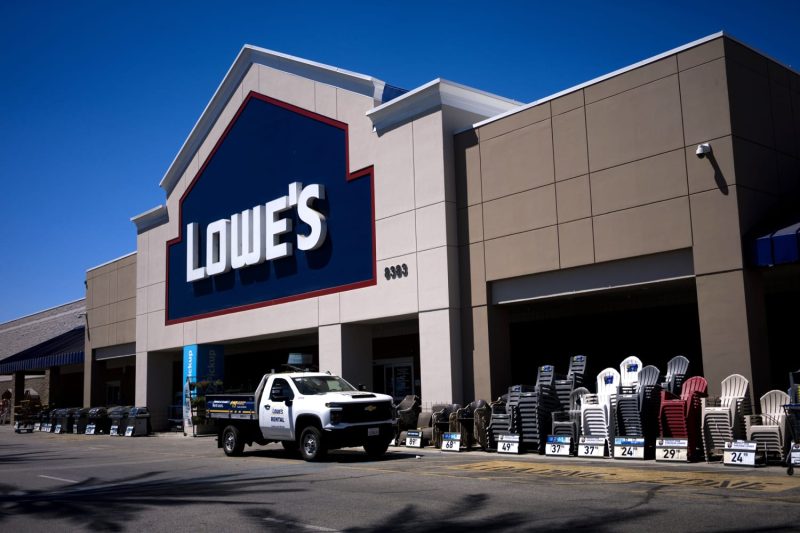Lowes Becomes Latest Company to Dial Back DEI Efforts Aimed at LGBTQ Groups
Lowes, a leading home improvement retailer, recently made headlines for dialing back its diversity, equity, and inclusion (DEI) efforts aimed at LGBTQ groups. This decision reflects a growing trend among companies reevaluating their DEI initiatives amid changing societal attitudes and priorities.
The company announced that it would no longer sponsor LGBTQ events, including pride parades and initiatives supporting the LGBTQ community. This move has sparked controversy and stirred debate about the role of corporations in promoting diversity and inclusion.
One possible motivation behind Lowes’ decision could be a shift in focus towards other aspects of DEI, such as racial equity and gender equality. Companies are under increasing pressure to address a wide range of diversity issues, and they may prioritize certain groups based on current social movements and public discourse.
While some view Lowes’ decision as a setback for LGBTQ rights, others argue that it underscores the complexity of DEI efforts in today’s corporate landscape. Companies face competing demands and limited resources, forcing them to make tough choices about where to allocate their attention and resources.
Critics of Lowes’ decision point out that diversity and inclusion should not be treated as a zero-sum game, where progress for one group comes at the expense of another. They argue that companies have a responsibility to support all marginalized communities and uphold a commitment to equality for everyone.
On the other hand, supporters of Lowes’ move suggest that companies have the right to determine their DEI priorities based on their values and business objectives. They emphasize the importance of flexibility and adaptability in corporate DEI strategies, allowing companies to respond to changing circumstances and stakeholder expectations.
The case of Lowes highlights the challenges and complexities of navigating DEI efforts in a rapidly changing social and political landscape. As companies grapple with how best to promote diversity and inclusion, they must strike a delicate balance between competing interests, values, and priorities.
Ultimately, the decision by Lowes to dial back its DEI efforts aimed at LGBTQ groups serves as a reminder that the path to true diversity, equity, and inclusion is not always straightforward. Companies must continuously evaluate and refine their approach to DEI to ensure that all individuals feel valued, respected, and included in the workplace and beyond.






























